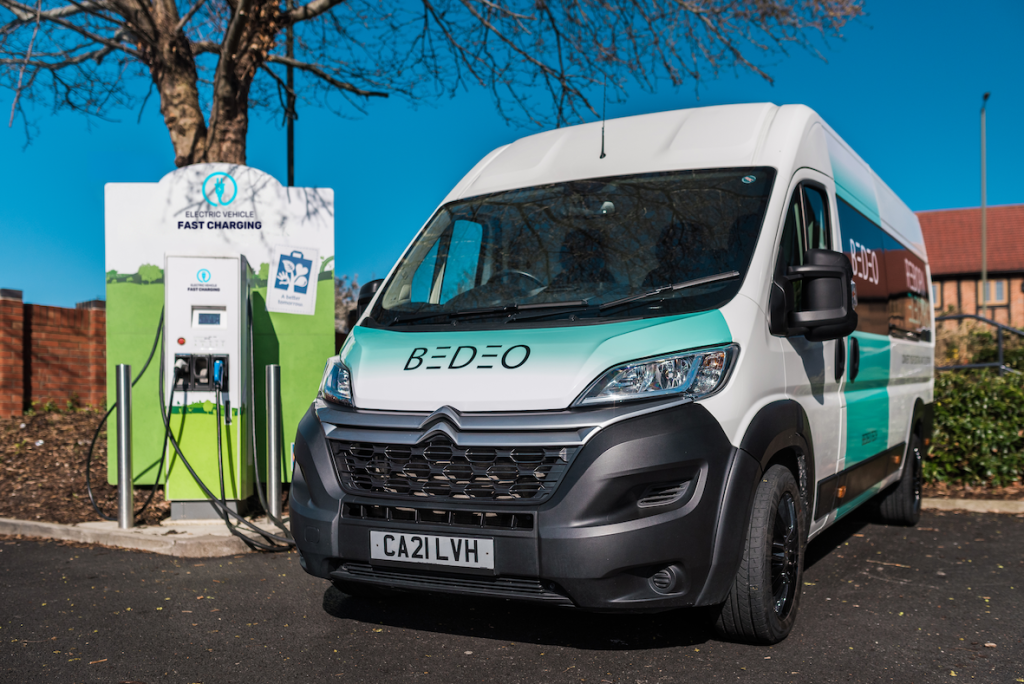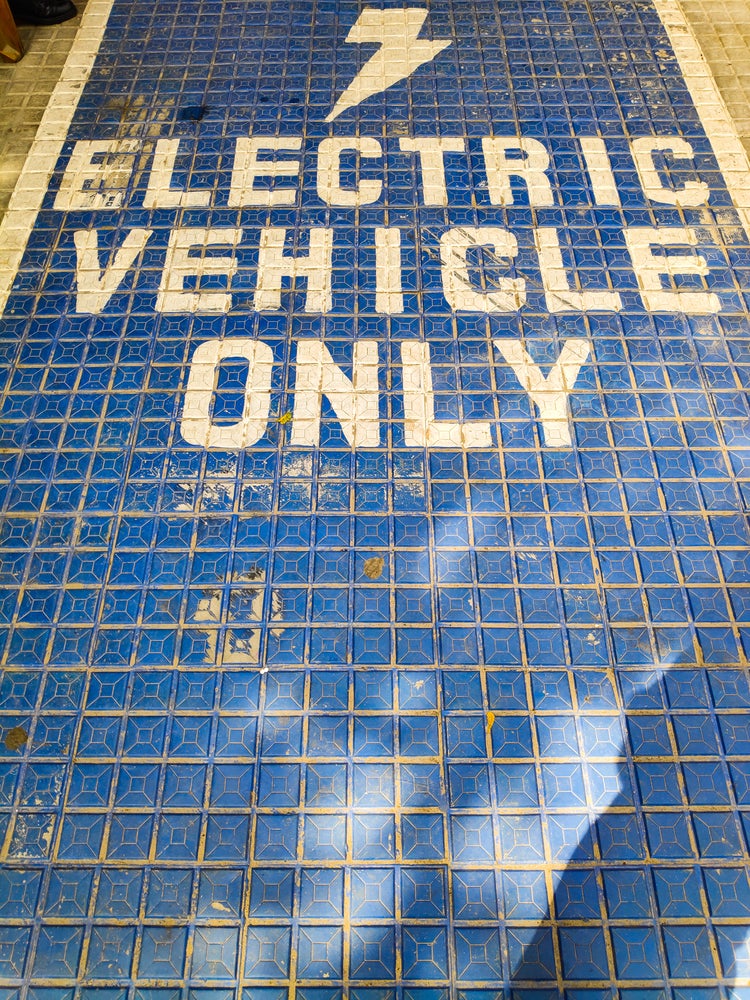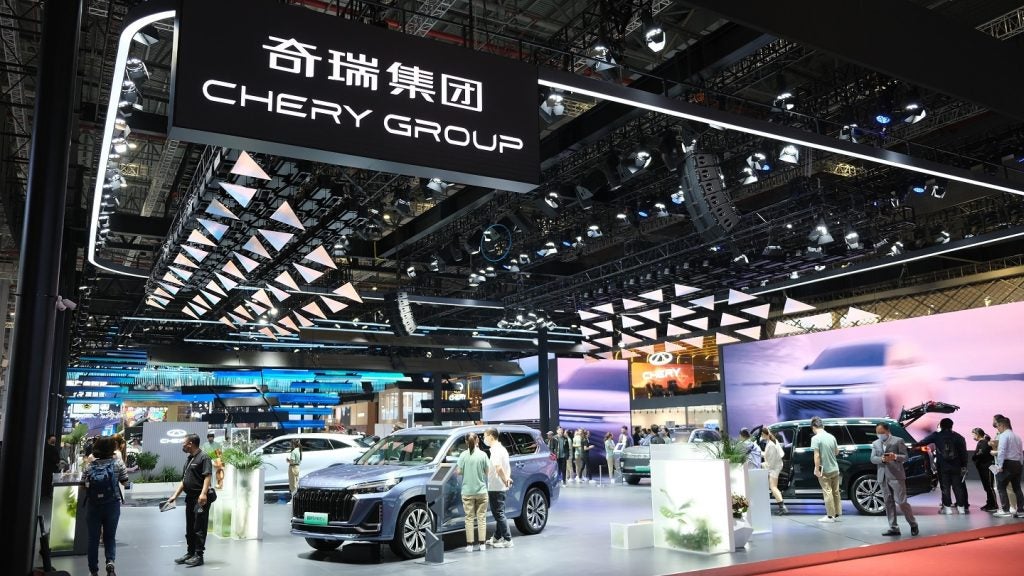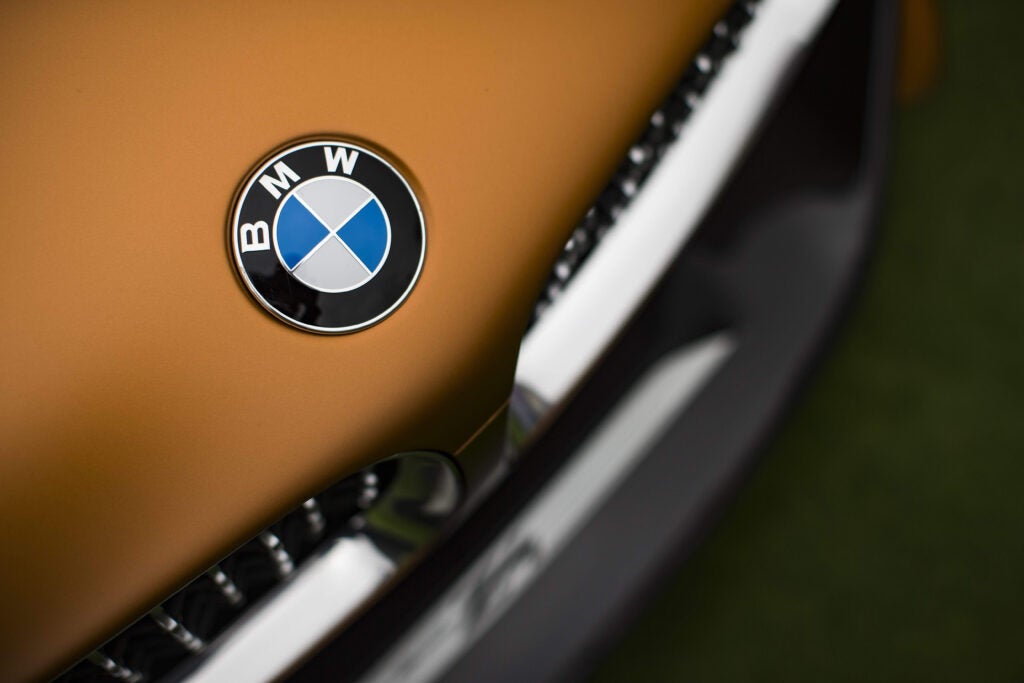
An advanced retrofit solution which fits to existing diesel vans to make them both electric (first) and/or diesel at the touch of a button using innovative in-wheel motor (IWM) technology has been launched by BEDEO, an electric vehicle supplier and manufacturer based in Farnham.

The new RE-100 Range Extender, part of its Reborn Electric range, enables organisations with large fleets of vans, often with major conversions (e.g refrigeration units, bespoke fit outs, minibuses etc), to retain those vehicles for longer while still transitioning to an electric future.
A vehicle fitted with a RE-100 Range Extender is electric first, with 117km of electric range, making it ideal for ‘Last Mile’ deliveries. Its existing diesel mode can be used when needed for longer trips, switching to electric when entering a low-emission zone and densely populated areas to eliminate emissions and accelerate decarbonisation.
At the heart of RE-100 are two in-wheel motors and a battery designed, engineered and manufactured by BEDEO. The in-wheel motors are fitted to the rear axle of the vehicle. No suspension modifications are required to the front or rear, which means there is no loss of ground clearance and no loss of load space or height.
According to a statement by the company, BEDEO came to national attention in 2019 manufacturing electric vans for significant players in the ‘Last Mile delivery’ market such as OCADO, DHL and TNT. Founder Osman Boyner says that with the concept of Reborn Electric he is providing a new business model for an industry caught between the twin goals of cost and sustainability. “The traditional model of fleet owners is to invest in new vans,” he explains.
“But electric vans today don’t meet the needs of the market and even Euro VI diesel vans are still responsible for a disproportionate amount of carbon emissions. With the RE-100 we have created a new category of hybrid that not only meets the needs of the market but also accelerates transport decarbonisation.”
How well do you really know your competitors?
Access the most comprehensive Company Profiles on the market, powered by GlobalData. Save hours of research. Gain competitive edge.

Thank you!
Your download email will arrive shortly
Not ready to buy yet? Download a free sample
We are confident about the unique quality of our Company Profiles. However, we want you to make the most beneficial decision for your business, so we offer a free sample that you can download by submitting the below form
By GlobalDataThe RE-100 is a hybrid in as much as it can have two modes of power – electric and diesel – but with the BEDEO technology the vehicle cannot be operated as diesel within controlled low emissions zones, unless in an emergency. Outside of controlled zones the driver is in control and can determine when to stay in electric for a more pleasant driving experience, or switch to diesel for longer distances.
The ability to retrofit BEDEO’s IWM into an existing vehicle is an entirely new proposition: “BEDEO has leveraged this advanced IWM technology to develop the next generation of retrofit vehicles, unlimited by the constraints of a standard e-axle,” Osman adds.
Commercial fleet operators face a number of significant challenges in the next few years, not least the uncertainty of a moving government deadline for an all-electric future which makes the RE-100 launch even more important. Osman believes that while switching to an all-electric fleet is desirable, it is also very expensive and wasteful, requiring investment not only in the vehicles themselves, but also the infrastructure to support them.
“While sustainability is, of course, a key driver, the end-to-end sustainability (whole lifecycle) of the vehicle also needs to be taken into account,” he continues. “It cannot be sustainable to replace a vehicle that has not reached the end of its useful working life, neither is it sustainable to replace not only the vehicle, but also the refrigeration units or bespoke fit-out that many of these vehicles have.”







